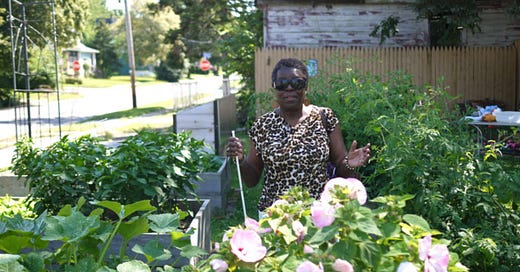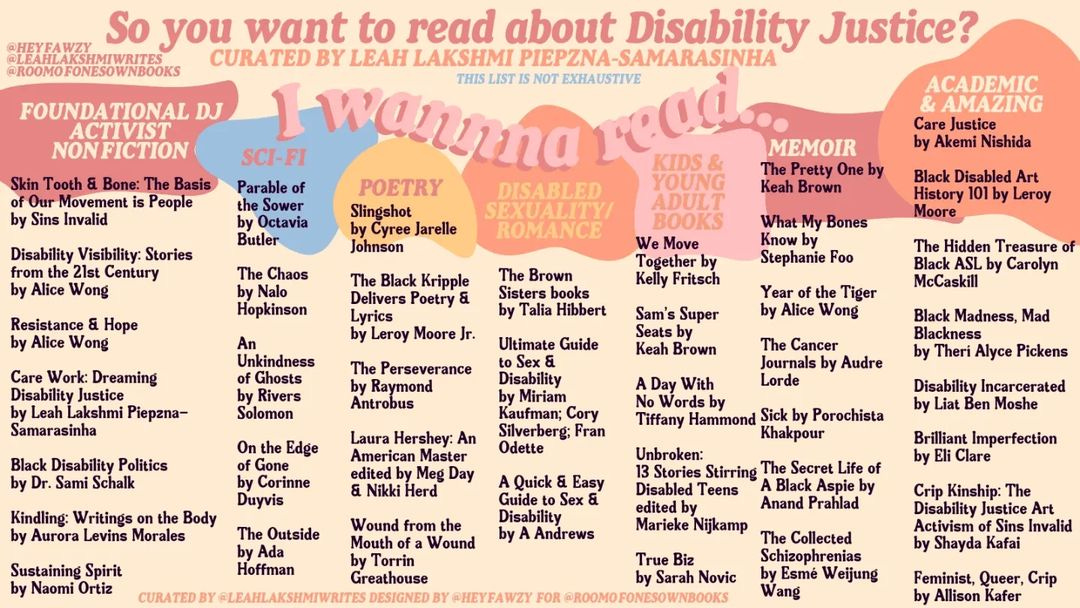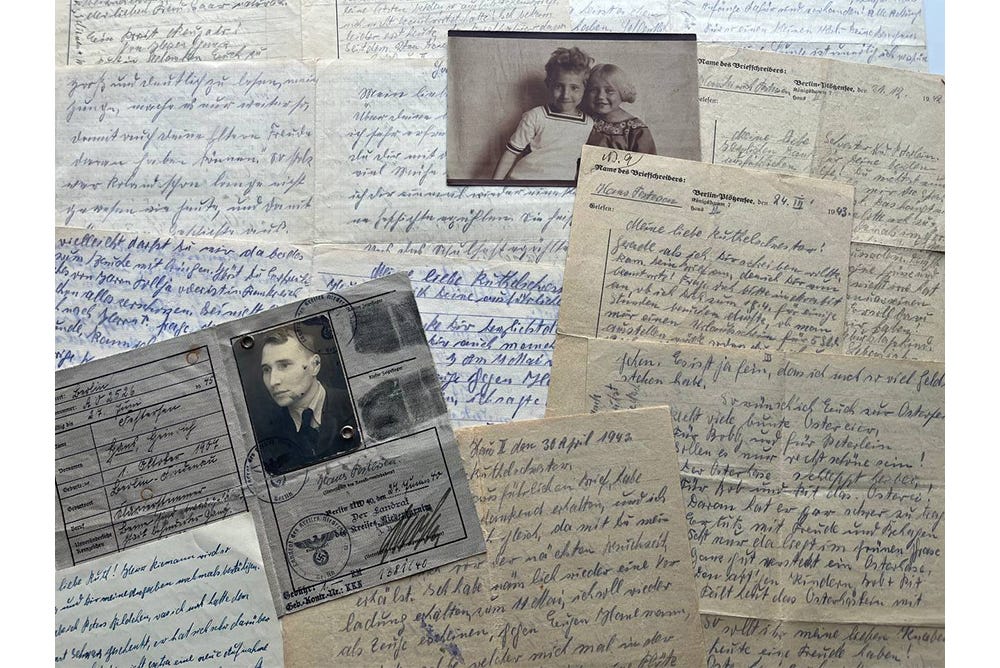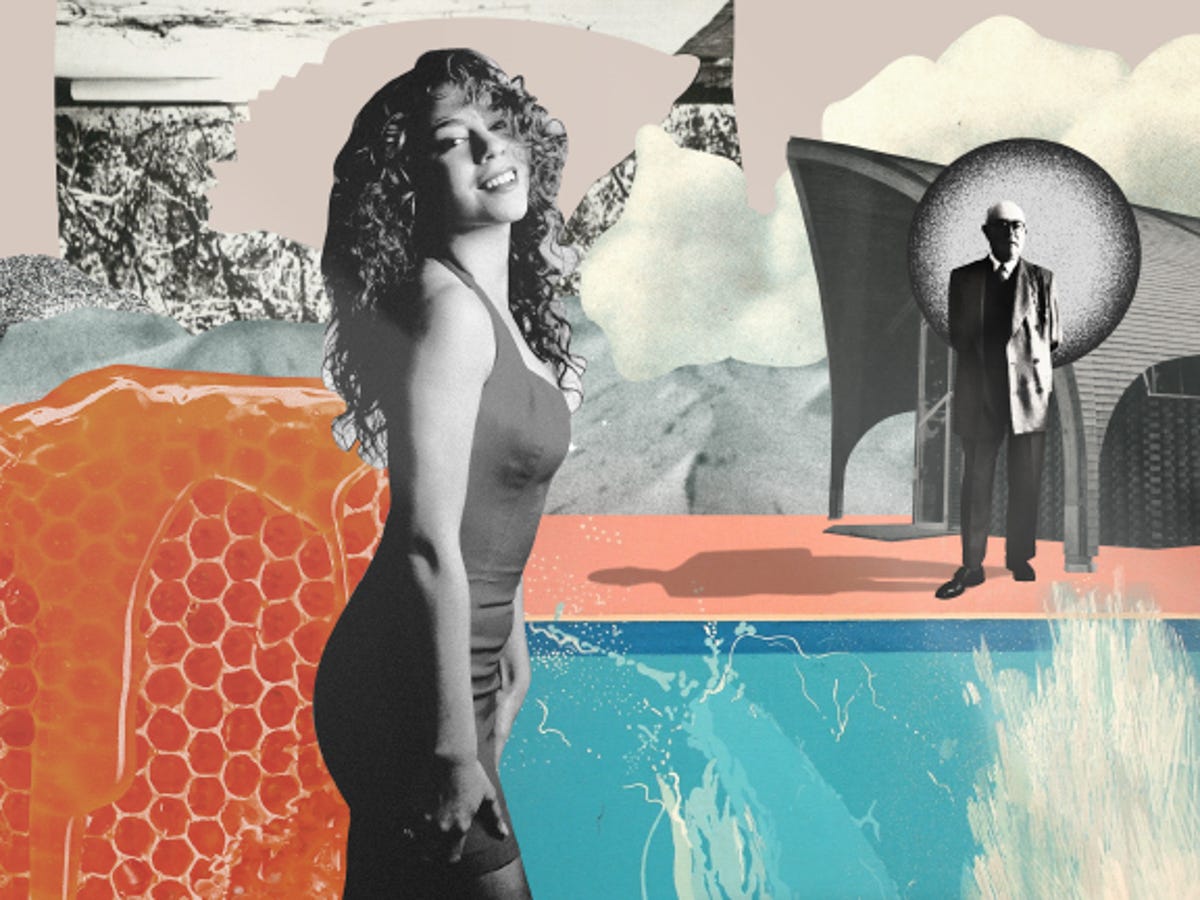NEWS
The Chronic Emergency of Nursing Home Care
Early next year, the Biden administration is expected to announce a federal minimum staffing requirement for the 15,500 nursing homes across the U.S., a measure organizers have been demanding for decades. It will face considerable opposition from an increasingly deep-pocketed industry lobby.
Racial disparities in nursing homes are pervasive, showing Black residents receive poorer care than other residents, across and within facilities. Black disabled people are also fighting their nonconsensual institutionalization in courts, a slow and uncertain path.
On the 50th anniversary of the horrific revelations at Willowbrook, as families grapple with the intergenerational effects of the lack of long-term care planning among disabled people, we are drawn again and again to the new harms of old horrors. A private equity firm that bought and then understaffed nursing homes across North Carolina is slowing the litigation process in a good example of the pace of urgent claims that seek to stop deadly harm.
Our disabled future is a crisis that started long ago.
White Supremacy in Action: The Lion King Lawsuit
Last week, news exploded about a white ASL interpreter who has filed a lawsuit after being asked to step back from filling in for a Black interpreter during a performance of The Lion King on Broadway last April.
The case is fueled by the interpreter’s insistence on a moral basis for white supremacy. He falsely claims that he was discriminated against for being white. In fact, he was asked to step back for the lack of match in the interpreting dynamics of the show, something clearly outlined as part of “Respect for Consumers” in the Registry of Interpreters for the Deaf’s code of professional conduct (tenet 4.0).
White supremacy works in many ways in this case. The interpreter weaponized the court system immediately, adding to the flow of lawsuits that allege reverse discrimination. He decided not to engage in any discussion with the Theatre Development Fund, an organization that has long been committed to expanding access to theatre for Deaf and disabled audiences. TDF’s Director even called to offer this interpreter work on another production, demonstrating this suit is not about a worker’s access to income. As BIPOC interpreters have stressed in the last week, reverse racism is not real.
It’s astonishing what this person is willing to risk by catapulting this case’s evil confusion about identity and representation into the hearing and abled mainstream. This is how some are learning about accessibility in the arts. And of course it is causing direct harm to- and continuing to erase Black signers.
We may not know the full effects of the harm until the case comes to trial, but a different U.S. District Court recently rejected claims of reverse racial discrimination.
If you want to skip all this noise, check out the “I’m Next” series by Rodney LeBon that highlights the next generation of Black interpreters.
Arrests of Disabled Kids in School
Over 700 children were arrested in U.S. elementary schools during the 2017-2018 school year, according to CBS News analysis of newly released data from the U.S. Department of Education's Office for Civil Rights. Students with documented disabilities were four times as likely to be arrested. Black students made up nearly half of these arrests - five times more than white students - despite being 15% of the student population.
Schools often increase their police, so-called School Resource Officers, following mass shootings in schools. Research shows that these officers have little impact or contribute to violence in schools.
When this brutalization starts so early in disabled people’s lives, it makes us wonder about the efficacy of things like a proposed law in New Jersey for autistic people to volunteer their disability on driver’s licenses and ID cards.
In Other News…
A growing number of food justice movement organizers, like those with the Grassroots Gardens of Western New York, are building commitments to anti-ableism into their work.
The U.S. Government Accountability Office has released a report showing how the Social Security Administration is failing vulnerable populations.
The U.S. National Council on Disability, an independent federal agency charged with advising the President, Congress, and other federal agencies on disability policy, welcomed six new members: Claudia L. Gordon, Emily Voorde, Hoskie Benally, Jr., Sascha Bittner, Theo Braddy, & Risa Rifkind.
The new Manchester-based Crip Culture Collective is organizing visits to cultural sites across the U.K. and building a digital platform to explore ableism in the arts.
A new proposed class action lawsuit has been filed against Twitter for its ban on remote work under Elon Musk that discriminates against disabled employees.
The National Paralympic Heritage Trust, one of the organizations recently funded by Arts Council England, will work with museums, venues, and event organizers across three regions to “develop digital toolkits which are designed to dispel myths about neurodivergence.”
The Rancho Los Amigos National Rehabilitation Center in L.A. has renamed its amphitheater to honor organizer and artist Carlos Benavides, whose work was activated by the difficulties of receiving the care he needed inside the facility.
In Ireland, the national art competition Someone Like Me is inviting 500,000+ primary school students to submit works about disability, diversity, and inclusion.
As academic workers go on strike, some organizers are integrating disability issues into the fight for better work. In the University of California system where 48,000 workers are striking, demands include an “increased responsiveness to concerns surrounding disability justice.”
The Health Affairs article that shed rare light on the pervasive ableism among doctors continue to generate a significant amount of new reporting on the issues.
The second annual Level Playing Field report shows significant increases in the barriers for over 1,000 disabled sports fans.
NYC’s Public Advocate released a report detailing the shortcomings of the city’s Behavioral Health Emergency Assistance Response Division that is supposed to reduce harm during interventions in mental health crises.
Cozy Season Reading
If it’s getting colder where you are and you’re looking for some new disability-related reads, check out a list of Disability Justice texts curated by Leah Lakshmi Piepzna-Samarasinha. Raya Al-Jadir also recently did a roundup of titles by disabled women writers for Disability Horizons. For more, check out Leah’s lengthier DJ topic guide on the Seattle Public Library’s website. Also check out Grace Lapointe’s recent survey of wheelchair users’ representation on book covers.
New Works
Disability Justice Project Fellow Benedicta Oyèdayọ̀ Oyèwọlé discusses the failure of legislation to address the deterioration of rights for queer and disabled Nigerians.
An app, game, audiobook, and film by Jay Price is called The Mine, an imagined space underneath an art gallery that holds relics from the histories of disability discrimination. It’s a “memorial that was never built,” Price says, “for the people no one remembers.”
The Disability Co-Chair of Canada’s New Democratic Party, Jay Woodruff, was recently a guest on the Blueprints of Disruption podcast discussing the state of disability justice.
Kenny Fries writes about the life of Hans Heinrich Festersen, a gay and disabled man hanged by the Nazis in 1943,
Community Living Society, Canadian Institute for Inclusion and Citizenship, and Massey Theatre presented We Deserve to Work this past weekend in New Westminster, BC. The play was created, researched, and performed by 15 artiats who share their knowledge about the challenges in finding and maintaining employment.
Disabled journalist Angela Kim shares her story and reports on the intersections of disability and domestic violence.
The Minnesota Governor’s Council on Developmental Disabilities recently published a video series discussing some new success in litigation about employment discrimination against people with developmental disabilities.
Jody Roberts from Public Books interviewed historian Jaipreet Virdi about Deaf and disability histories and futures.
In Art in America, Amalle Dublon discovers an anti-ableist portal to thinking about dependency, debility, and access in Mariah Carey’s hit “Honey,” which turns 25 this year.
All 5 articles in Sonia Sarkar’s series Reclaiming Control: The History and Future of Choice in Our Health are now out in Nonprofit Quarterly.
Layers of Vision, a show exploring “the experiences and perspectives of blind and partially sighted artists,” features works by Aaron McPeake, Alice Christina-Corrigan, Bianca Raffaella, Clarke Reynolds,David Johnson, Fae Kilburn, Mickel aka Ebony Rose Dark, Natalie Doig, Sally Booth, & Zoe Partington. Open at King’s College London through Dec. 16th.
The 2022 Dance/USA Fellowships to Artists embraced a commitment to disability artistry, making awards to Petra Kuppers, Christopher “Unpezverde” Núñez, cat mahari, and iele paloumpis. The organization also worked with disabled artists in program advisement, panel reviewers, and peer readers.
Artworks that celebrate disability history in Scotland are up along National Cycle Network routes through Dec. 16th.
This year’s Poz 100 celebrates Latinx activists.
CALLS
The Museum of Moving Image in NYC is seeking nominations of autistic media-makers for its Marvels of Media Awards. Deadline is Jan. 31, 2023.
Writers based in Manitoba, Canada can book a free consultation with Jacob Scheier, writer-in-residence at the Center for Creative Writing and Oral Culture.
The Long Covid Disability Justice campaign is seeking donations through the rest of the year.
CIDNY is using a survey to collect any disability- or access-related problems during the U.S. midterm elections.
L Morris is seeking 2SLGBTQIA+ and/or mad/Deaf/disabled, Toronto-based people for a series of 6 art workshops and focus group sessions about community care. Contact L at lauren.sara.morris@ryerson.ca for more.
🍂 Hope you find calm and relaxation with the ones you love this week! -kevin








best yet. THANK YOU.
Thank you again for this newsletter which keeps me connected, intrigued, challenged, and affirmed. I'm so appreciative of your work.